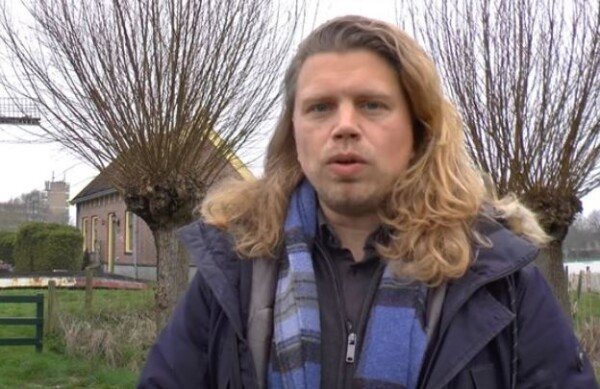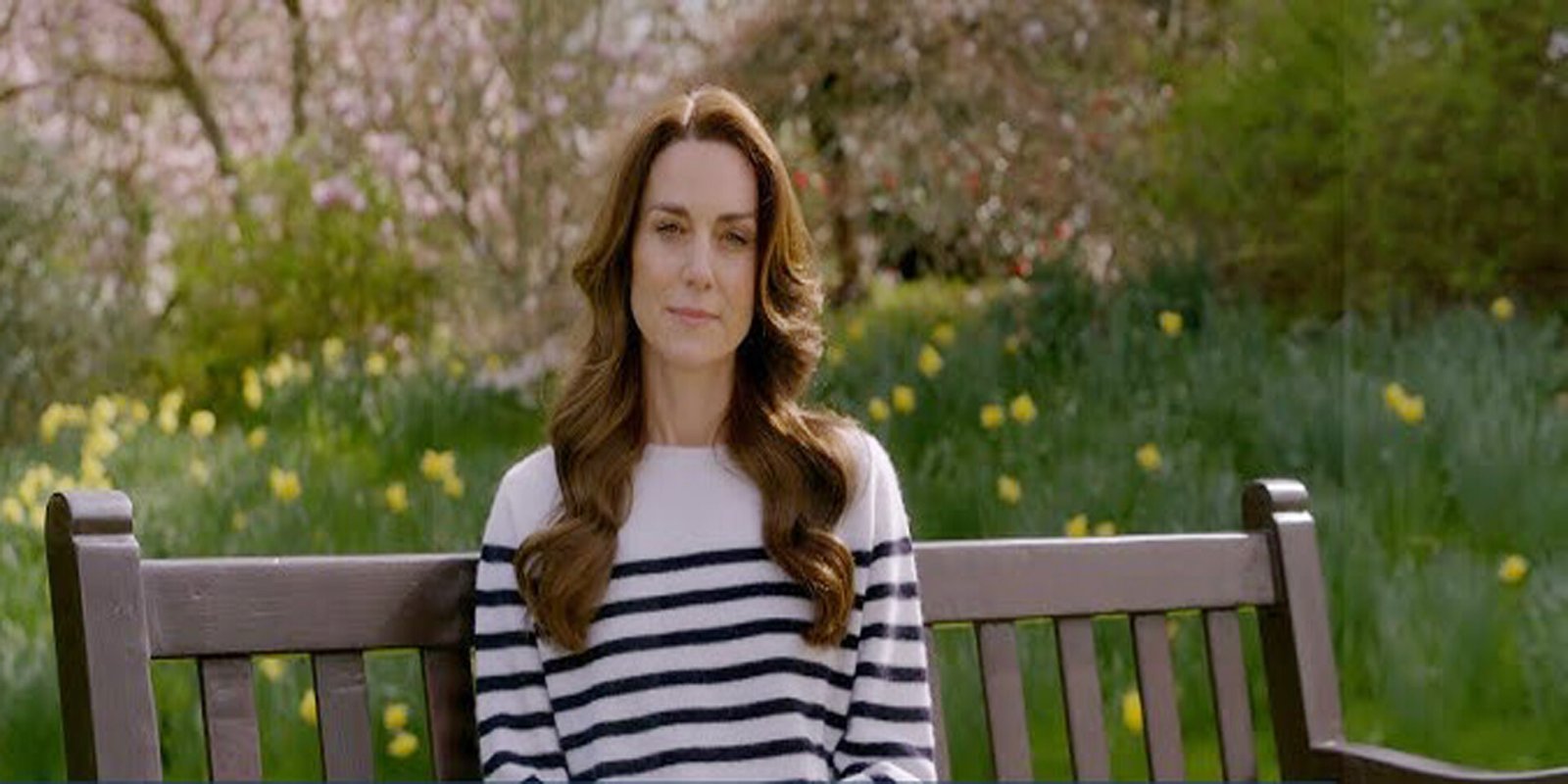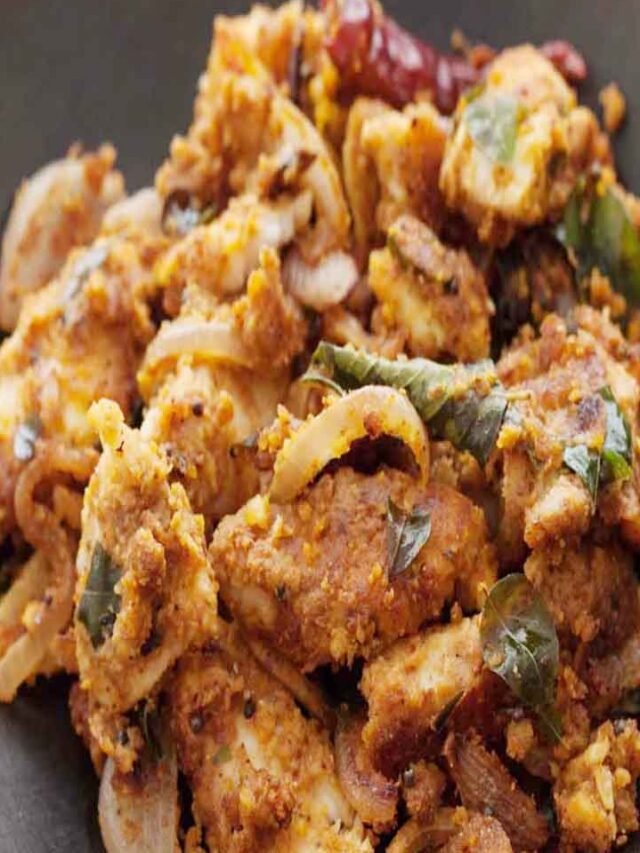KARACHI/CHENNAI, April 28: The heartwarming story of a 19-year-old Pakistani girl getting a new lease on life after a successful heart transplant in India highlights how borders can be eased for humanitarian purposes and the challenges faced by heart patients in the neighbouring country.
Ayesha Rashan from Karachi underwent a heart transplant surgery at MGM Healthcare, Chennai.
After a suitable brain-dead donor was available, she underwent cardiac transplantation on January 31, 2024. Following procedures, she was discharged this month.
Dr K R Balakrishnan, Chairman, Cardiac Sciences Director, Institute of Heart and Lung Transplant and Mechanical Circulatory Support, said Ayesha first came to them in 2019 when she was 14 years of age with severe heart failure and a very poorly functioning heart.
“She became very sick and had a cardiac arrest and had to be resuscitated with CPR and put on a machine called ECMO to sustain circulation then we put in an artificial heart pump that time and eventually she recovered and went back to her country,” he said.
“Over the next couple of years, she became sick again because one of her valves started leaking…and she developed severe failure on the right side of the heart and developed an infection and it became very difficult to treat her in that country,” he added.
Balakrishnan said getting a visa for her was very difficult.
“Her mother is a single mother, they had no money or resources. We had to take care of the entire expenses including repeated hospitalisation,” Dr Balakrishnan told PTI Videos.
Ayesha underwent surgery with the support of Aishwarya Trust, a Chennai-based NGO, and other transplant patients’ contributions.
The transplant was done after getting a donor organ from a brain-dead elderly man from Delhi.
“The biggest challenge was there was no money,” he said. The condition required Rs 30 to Rs 40 lakhs to treat.
“The hospital is a private hospital. And so we had to raise money through the trust, through our own resources and generous patients. So that was a huge challenge. And these are high-risk procedures where the outcomes are not predictable. But we had to do it because otherwise, this young girl would not have survived,” he said.
Ayesha, who aspires to be a fashion designer, thanked the Indian government for giving her a visa to visit the country for the treatment.
Ayesha’s mother said the problem is that Pakistan does not have such a facility.
Ayesha is not the first Pakistani to get a heart transplant in India.
Muhammad Amir, whose name changed on request, was 37 years old in 2014 when cardiologists in Karachi told him that he was suffering from ‘dilated cardiomyopathy’, a disease in which chambers of the heart become dilated and muscles get weak, impairing the heart’s ability to pump blood effectively to the rest of the body.
“Doctors managed my condition with medication, but they told me a transplant was the only cure,” Amir, now 46 told The News International, following reports of Ayesha receiving a successful heart transplant in India.
“Through online research, I discovered a heart transplant centre in Chennai, India, where I received a new heart from an anonymous Indian donor in 2014.”
Amir isn’t alone. Qari Zubair, an imam from Gujrat, was the first Pakistani to travel to Chennai for a heart transplant. Sadly, he developed complications and did not survive.
“According to my knowledge, around six Pakistanis have undergone heart transplants in India,” Amir said, preferring to keep personal details private.
“I’m the longest survivor. Four others passed away after their transplants,” he said.
Several transplant and cardiac surgeons cite a lack of expertise, high costs, limited post-operative care, and a shortage of deceased donors as the primary reasons for the absence of a heart transplant programme in Pakistan.
“The two main reasons we don’t perform heart transplants are the lack of deceased donors (transplant hearts can only be taken from deceased individuals) and a lack of expertise,” said renowned liver transplant surgeon Dr Faisal Saud Dar.
Dr Dar, dean and CEO of the Pakistan Kidney and Liver Institute and Research Center in Lahore, emphasised the importance of raising awareness about organ donation after death to save lives.
Renowned cardiac surgeon Dr Pervaiz Chaudhry believes heart transplants will become a reality in Pakistan soon.
He has asked the authorities to define “brain death” in Pakistan, facilitating requests for organ donation from deceased individuals, the report said.
“While I understand heart transplants are complex and expensive, travelling to India for such procedures is a huge burden. I wish we had our own centres offering transplants at free or affordable rates to save more lives,” he said. (PTI)












